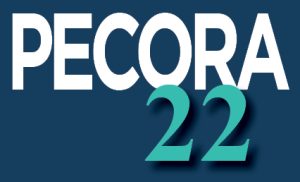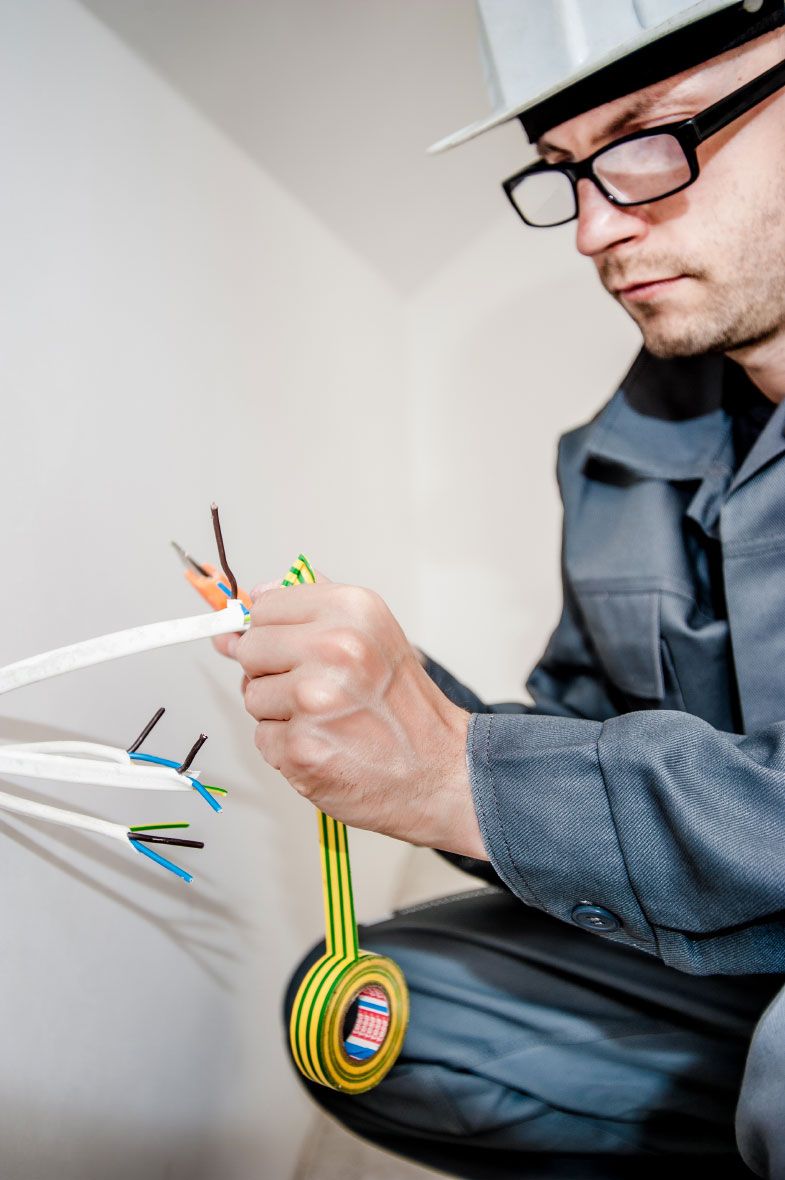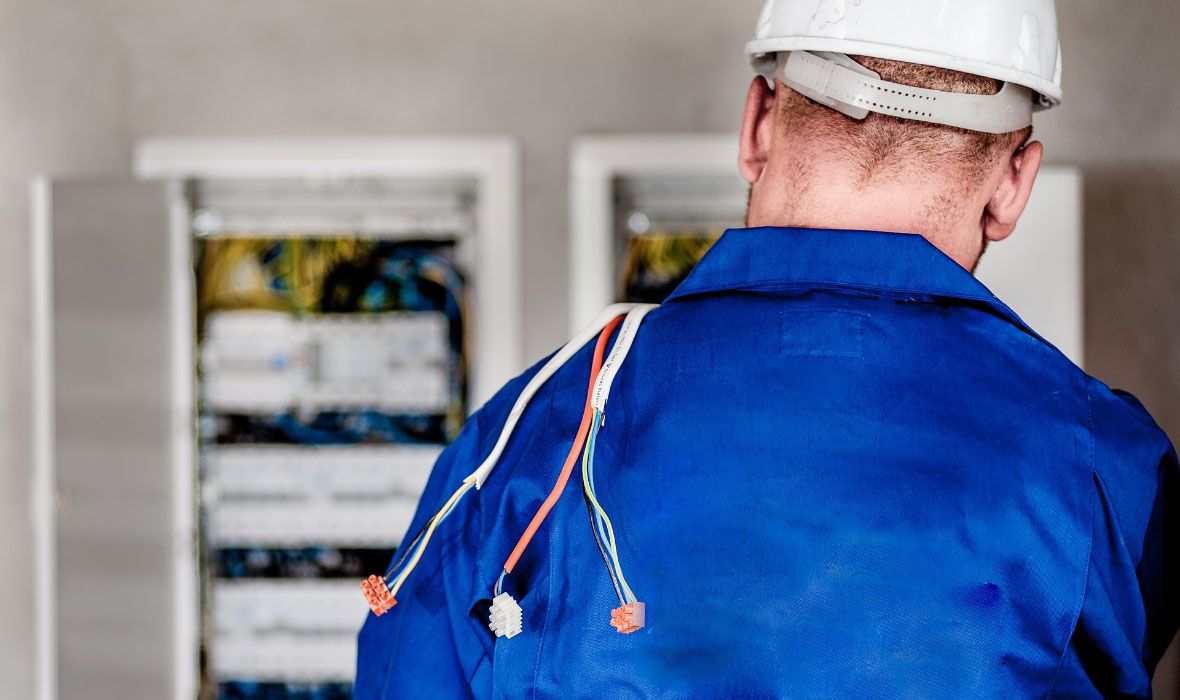CALL FOR SPECIAL SESSIONS
Opening the Aperture to Innovation:
Expanding Our Collective Understanding of a Changing Earth
The Pecora 22 conference celebrates the 50th anniversary of the launch of the first Landsat satellite and the accomplishments that followed. The conference theme, Opening the Aperture to Innovation: Expanding Our Collective Understanding of a Changing Earth, embraces both the innovations and discoveries that resulted from 50 years of Landsat Earth observations, and also current and future innovations in science and technology that are contributing to our ability to improve our understanding and better manage the Earth’s environment.
While we celebrate the remarkable Landsat legacy, Pecora 22 sessions will also address the broader spectrum of Earth observation programs, technologies, and investigations. Landsat marks the initial civilian Earth observation step, but since then, the technology, science, and applications of Earth imagery have grown rapidly and there is now a thriving global community with dozens of ongoing governmental and commercial missions that are feeding scientific discovery and operational applications that are collectively aiding our ability to understand critical global issues. The growth of Earth observation missions, improvements in data characteristics, adoption of data policies that have democratized access to Earth imagery, and advances in computing and data processing algorithms have collectively contributed to the unprecedented innovation and problem solving. The impacts of these have contributed to more informed natural resources management, better policy-relevant decision making, and ultimately, objective scientific discourse and understanding.
Continuous monitoring of the Earth involves the integration and analysis of both historical and contemporary remotely sensed imagery. It occurs across spatial and temporal scales, measurement objectives, and embraces a broad range of remote sensing and analytical methodologies. The 22nd William T. Pecora Memorial Remote Sensing Symposium (Pecora 22) will convene in Denver, Colorado, USA from October 23 – 28, 2022, and will focus on all aspects of Earth observation, spanning scientific discoveries to operational applications, and from sensors to decisions. The overall Pecora 22 Conference Program will be organized around the following four session themes:
Observing the earth for the benefit of all. This theme is inspired by the title borrowed from Department of the Interior Secretary Stewart Udall’s 1966 announcement of Project EROS and explores the role of Earth observations (EO) in understanding and managing the changing Earth with a focus on science and applications in agriculture, forestry, land cover, urban and regional studies, water resources, geology, hazards, public health, etc. This includes applications-oriented topics that influence decision making processes at international, federal, state, local, tribal and territorial levels.
A half-century of discovery: The scientific discoveries and technical innovations enabled by Pecora’s vision. William Pecora argued that “if our ability to find and efficiently utilize resources does not accelerate…., the industrial civilization that we enjoy will crumble within a few decades.” This theme explores the major breakthroughs and trends evolving from the beginning of the civil remote sensing era to today’s collaborative world of multi-mission synergy. Consider the analogy that Landsat is the original civilian EO tree, which has given rise to a forest of other “trees” that include the European Copernicus Program, especially Sentinel-2, and other international EO programs, and a growing number of commercial missions. This theme specifically focuses on what we know now that we did not know before 1972, and what new discoveries are awaiting.
Exploring the state of the art. This theme focuses on the technical evolution of the EO trees and branches due to current and emerging breakthroughs in EO science and technology, such as cloud computing tools for efficient management and processing of geospatial data (e.g., Google Earth Engine, Amazon Web Service); novel artificial intelligence and machine learning algorithms; data synergy and intercalibration between satellite constellations (e.g., Landsat-Sentinel Harmonization products); Analysis Ready Data from state-of-the-art sensors (multispectral, spectrometer, radar, lidar); scaling from field to airborne and satellite observations; near real-time, large-area EO-derived data products (e.g., Global Forest Watch); and novel web-based tools and user-friendly interfaces that are facilitating the efficiency and effectiveness of researcher-stakeholder engagement.
The next 50 years. This theme addresses the future and considers the next steps in widening the aperture to innovation and expanding the benefits of EO through investigations of critical societal issues, including climate change, population growth, and public health challenges. Scientific, technical and policy topics will be explored that enables growing strong branches on the EO tree that fosters collaboration and ultimately enables expanding the impact of US, international, and commercial EO programs. Of special interest are NASA Earth System Observatory concepts that serve as pathfinders for the future.
We are currently accepting proposals for conference sessions that address one or more of the four themes described above.
Session proposals will be due March 15, 2022 and the Call for Abstracts will follow. Special sessions are an appropriate way to organize around a special topic or interest group or highlight significant accomplishments by teams. We also encourage other session proposals that deal with issues and advances in the broader field of Earth observation. All proposals will be considered in the context of the overall structure of the meeting and availability of time slots for proposed sessions.
Sessions may be general proposals or include invited contributors. Presentation slots not filled by invitation will be open for general abstract submissions and session organizers will be expected to review submissions selecting their session.
Proposals for the following types of sessions will be accepted:
Standard presentation session: Presentation session consisting of 12 minute talks with 3 minutes for questions. Sessions may include 4 talks (60 minutes) or 6 talks (90 minutes).
Short presentation session: Presentation session consisting of 3 minute research talks. Sessions can include up to 10 talks (30 minutes).
Short visualization session: Presentation session consisting of 3 minute talks focused on data visualization, e.g. map products, dashboards, interactive plots, cartographic tools. Sessions can include up to 10 talks (30 minutes).
Illustrated poster session: Focused poster session with posters grouped by topic or theme. Short introductions at the start of the session, followed by poster viewing.
Workshops: Workshops are typically scheduled prior to the conference and run from 2 to 4 hours. We encourage both proposals to lead workshop sessions, as well as suggestions for workshop topics.
Other: We welcome creative proposals for other types of sessions, including but not limited to Town Hall, small panels, large “Ask me anything” panels, tools demos.
Contact for questions: Questions? Contact the Pecora 22 Technical Program Committee at pecora@usgs.gov.
The 22nd William T. Pecora Memorial Remote Sensing Symposium (Pecora 22) will convene in Denver, Colorado, USA from October 23 – 28, 2022. The conference will be hosted by NASA and the USGS, with an overarching theme of Opening the Aperture to Innovation: Expanding Our Collective Understanding of a Changing Earth, which embraces both the innovations and discoveries that resulted from 50 years of Landsat Earth observations, and also current and future innovations in science and technology that are contributing to our ability to improve our understanding and better manage the Earth’s environment.
Pecora 22 is the latest in a series of Symposia named after William T. Pecora, the USGS Director who helped initiate the Landsat program in the 1960s. The Pecora Symposium series was established by the USGS and NASA in the 1970s as a forum to foster the exchange of scientific information and results derived from applications of Earth observing data to a broad range of land-based resources, and to discuss ideas, policies, and strategies concerning land remote sensing. Pecora 22 will play host to a range of remote sensing experts and scientists from federal agencies, non-governmental organizations, universities and industry.
The Technical Program, while we will be celebrating the remarkable Landsat legacy, Pecora 22 sessions will address the broader spectrum of Earth observation programs, technologies, and investigations. Landsat marks the initial civilian Earth observation step, but since then, the technology, science, and applications of Earth imagery have grown rapidly and there is now a thriving global community with dozens of ongoing governmental and commercial missions that are feeding scientific discovery and operational applications that are aiding our ability to understand critical global issues. The growth of Earth observation missions, improvements in data characteristics, the adoption of data policies that have democratized access to Earth imagery, and advances in computing and data processing algorithms, collectively contribute to the unprecedented innovation and problem solving. The impacts of these have led to more informed natural resources management, policy-relevant decision making, and ultimately objective scientific discourse and understanding.
The William T. Pecora Award, presented annually to individuals or groups that make outstanding contributions toward understanding the Earth by means of remote sensing, will also be presented to the 2022 winners at a special session during the Symposium.
Pecora 22 will afford many unique opportunities for interaction and collaboration among a diverse and international community of remote sensing experts and scientists.
TESTIMONIALS

You we’re very professional and quick. We will recommend your services to our friends.

Thank you for your very professional and promt response. I wish I had found you before I spent money on a competitors theme.

We had floods in our town and we lost our electricity. You and your team got us back up and running in no time. Thanks Avada!
Request More Information
Enter your information to join our mailing list.
WHEN
October 23-27, 2022
WHERE
Hilton City Center
Denver, CO
REGISTRATION




